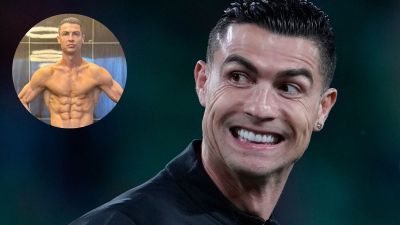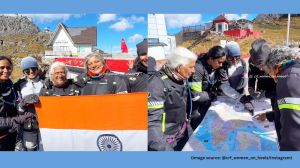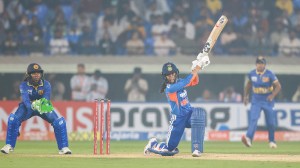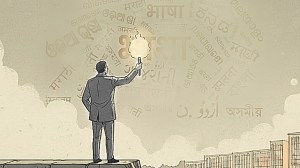
During the interaction, Prime Narendra Modi emphasised that priority in the new phase of pandemic should be to vaccinate all the eligible children population — directing the states to run special vaccination campaigns needs to be implemented, especially in the backdrop of children returning to the schools after a long break.
“After a long break, the schools have reopened in our country. Some parents are worried about the increase in cases in some places. There are reports from some schools reporting children being tested positive for Covid-19. However, it is a matter of satisfaction that many children have also received protection through the vaccines. Yesterday, the regulator gave permission to administer Covaxin for 6-12 years. It is our priority to vaccinate all the eligible child population. For this, we have to run special drives in the schools. We have to create awareness among the parents and the teachers about the importance of vaccination,” Modi said.
‘Bring case under control, but continue to allow economic activity’
Modi highlighted that the twin strategy of bringing the cases under control and also allowing the economy to continue should remain the priority. “During the third wave, we have witnessed more than three lakh daily cases. Every state handled these cases well. They also allowed economic and social activity to continue. This balance should be part of future strategy. Our scientists and experts are continuously monitoring the global situation. Based on their advice, we have to adopt a preemptive, proactive, and collective approach,” Modi said.
‘100% RT PCR testing of influenza like illness to track the new variants’
Story continues below this ad
Modi specifically told the states that for early tracking of the variants the local administration should conduct 100% RT PCR testing of all hospitalised patients with influenza like illness and severe acute respiratory illness. “It was our priority to stop the infections right at the beginning. We have to continue to make this our priority now. We have to effectively implement the test, track and treat strategy. It is very important that we do 100% RT PCR testing on hospitalised patients with influenza-like illness and severe acute respiratory illness; all the positive cases should be sent for genome sequencing. By doing this, we will be able to detect the new variants,” Modi said.
‘Ensure all the PSA oxygen plants, including the hospital beds are made fully functional’
On medical infrastructure, Modi asked the states to ensure all the PSA oxygen plants, including the hospital beds are made fully functional. “We have spoken about the up-gradation of health infrastructure. We have to ensure the up-gradation is completed swiftly. We are in a better position with respect to the availability of beds, ventilators, and the PSA oxygen plants. However, we have to ensure that all of these facilities are fully functional. They have to be monitored and responsibility has to be fixed. If there are any gaps, it my request, that it should be verified at the top level. We also have to scale up our infrastructure and manpower in the medical colleges and district hospitals,” Modi said.
‘Promote masking , Covid-19 appropriate behaviour, and vaccination’
Story continues below this ad
Modi reiterated that the states promote Covid-19 appropriate behaviour at the social gathering. “At the same time, we should ensure we don’t create panic among the public,” he said. He also reiterated the vaccination will remain the most potent shield against severe Covid-19. “There are many things that we have learned from our experience of the last surge that we witnessed a few months back. All of us successfully fought the Omicron surge with creating any panic. Within two years, from health infrastructure to oxygen supply, we are strengthening every aspect in our fight against Covid-19. In the third wave, we did not hear from any state about situation going out the control,” Modi said
“This should be seen in the context of the mass Covid-19 vaccination drive. Despite many geographical challenges, vaccines have reached the last mile. It is a matter of pride that 96% of the adult population has received the first dose; and 85% of those above 15 years have received their first dose. It is the opinion of the experts that vaccines are the biggest protection shield,” Modi said.
Newsletter | Click to get the day’s best explainers in your inbox








































